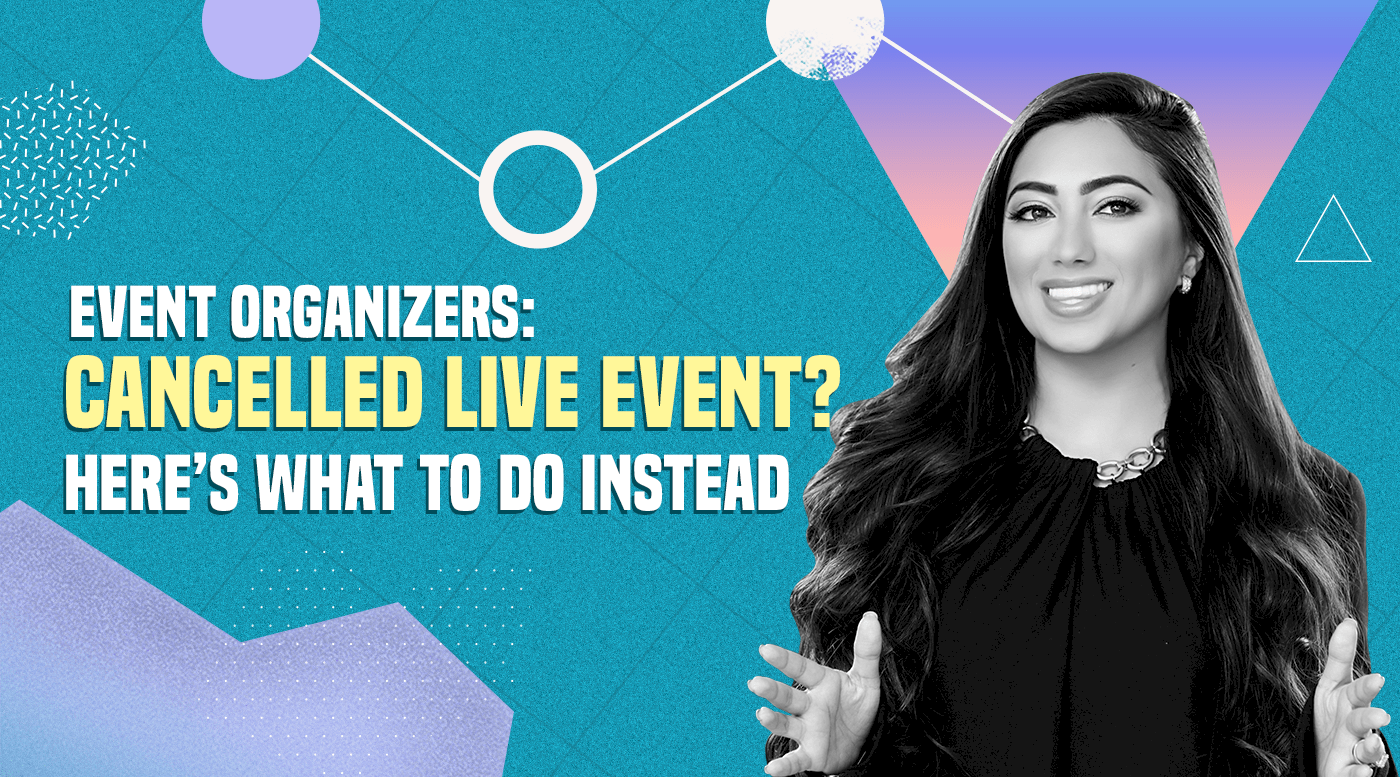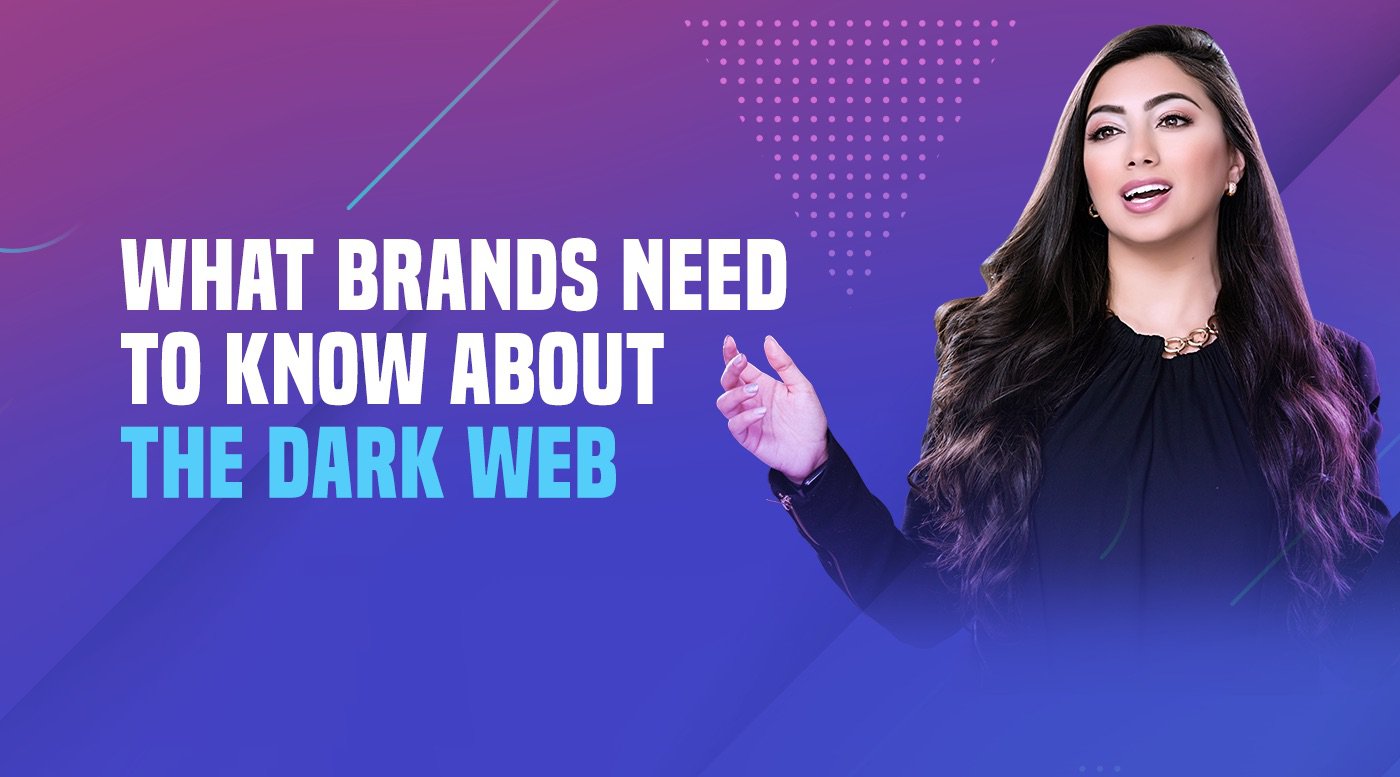What Lalo Teaches Us About Growing A Family Brand Using Insight Into Today’s Connected Consumer
Over the past few months, my house has become absolutely awash in baby gear.
Bottles, blankets, toys, the sweetest little onesies—it’s everywhere! I welcomed my first baby, a healthy son, in August, and like so many new parents, my husband and I had already spent months preparing for his arrival.
When it came to meeting him, I absolutely couldn’t wait. But getting all that stuff? That felt like a chore.
Shopping for baby gear was stressful, confusing, expensive, and, if I was going to believe all the marketing hype, extremely high-stakes. This stroller was safer than that one. This bottle helped reduce gas more than that one.
It became clear to me pretty quickly that there was no clear right answer to any of this, and that these companies were relying on a lack of transparency and clarity in order to convince consumers to buy their products.
A decade ago that approach worked because consumers didn’t have many other options. Today, however, we’re connected consumers—we have access to a truly unprecedented amount of information on the brands we choose. And that means we expect a whole lot more from the companies we buy from.
This is where Lalo, a baby product brand, comes in. I came across Lalo when looking for a stroller for my own baby, and I was so impressed with the brand and their offerings—not just as a member of their target audience, but also as CEO of a marketing agency that’s conducting cutting-edge research into the connected consumer—that I wanted to learn more. So I interviewed their leadership team on how they’ve developed a brand that is so in step with what today’s families want and need.
Shama: Lalo was created “to take the guesswork out of shopping for baby.” This especially interests me, because the research we’ve conducted on connected consumers found that brands must become experts at organizing and curating products in a way that takes the guesswork—and thus the anxiety—out of the purchase journey.
How did you go about uncovering this particular pain point and using it to successfully differentiate your brand?
Jane Daines (Co-Founder and Chief Product Officer): Lalo was founded out of a shared belief between my co-founders, Michael Wieder and Greg Davidson, and I, that there should be a better way to shop for baby. As a mother of two, I had experienced the wave of options, unclear product information and overcrowded stores firsthand.
Baby gear is a $10 billion industry that is known for its lack of transparency and price-gouging. Its antiquated model is reliant on third-party retailers that offer a subpar experience and lack a direct, reliable customer touchpoint. In short, it no longer meets the needs of today’s families.
I was excited by the idea of creating a new brand designed specifically for modern parents. With an intuitive online experience, straightforward information and well-designed essentials that grow with families, parents can get what they need, and then get back to what really matters.
Shama: Connected consumers have little tolerance for brands that fail to make an authentic human connection with them, and this is especially true of family brands. How did you cultivate these authentic connections, and how did this relate to your choice of influencers?
Michael Wieder (Co-Founder, President and CMO): It was important to us that every customer touchpoint, whether online or in-person, reflected our mission to make all parents’ lives easier.
With this in mind, we prioritized connecting with our customers directly from the very beginning, allowing us to capture feedback and insights to constantly improve the experience and support Lalo provides.
We’ve prioritized engaging with potential customers through text, onsite chat and social media. Every conversation is a crucial tool to connect directly with fans, current customers or potential customers to build that trust and validation.
Shama: Lalo’s product roadmap is aggressive, yet intentional, with a string of exciting new launches and category expansions in the works. Can you share with me the thought process and strategy behind this ambitious growth?
Jane: In the first year, it was important that every product we launched reflected our goal of growing with families. So we decided to focus on products that would last through multiple child milestones.
This led to our first product, the all-inclusive Daily stroller (which lasts from birth to 4 years old), which was quickly followed by our second, The Chair, a 2-in-1 convertible high chair to play chair.
Beyond our first two products, we are incorporating feedback from customers to develop our product roadmap, which has been one of the most ambitious parts of our strategy as a new brand.
For example, when we heard from numerous customers that they were eager for a second seat option with The Daily, we quickly worked to incorporate this into our product roadmap for 2019—we’re working on putting this together in the coming months! Having that direct connection to our community is one of the many ways that Lalo has been able to continuously evolve based on our customers’ wants and needs.
Shama: At Zen Media, we’ve discovered it’s increasingly imperative for brands to integrate consumers’ online and offline worlds—to “marry” digital space with a physical place. Can you speak to how Lalo is meeting this need and how it’s been received?
Greg Davidson (Co-Founder and CEO): We’ve seen great traction by integrating physical retail into our strategy from day one with the Lalo Loft. This allows us to get face time with our customers, and have meaningful conversations about our products. We host everything from baby showers and sing-a-long classes, to expert panels and pre- and post-natal fitness classes in the Loft space.
We’ve also placed a huge emphasis on creating a platform that’s intuitive and designed to mitigate friction at each step. One example of this is Lalo’s customer support, which includes a team of experts available via text, call or video chat. We’ve also developed convenience-focused features like “Shop Now, Ship Later,” which allows parents to have products shipped closer to their due date.
As a brand for all families, we also felt it was important to be a resource in non-product related ways. Earlier this month, we partnered with obé Fitness on full-body, at-home stroller workouts that make postnatal fitness fun and convenient. We’re also committed to supporting families navigating infertility, and donate a portion of all sales to fertility-focused organizations. We recently launched an infertility assistance grant in partnership with Baby Quest, a leading organization supporting families navigating the financial burden of infertility.
Lalo is one of the most successful brands I’ve seen when it comes to anticipating the needs of the connected consumer. I’m looking forward to watching this brand grow and thrive—and I can’t wait to see what new products they launch in 2019 and beyond.









